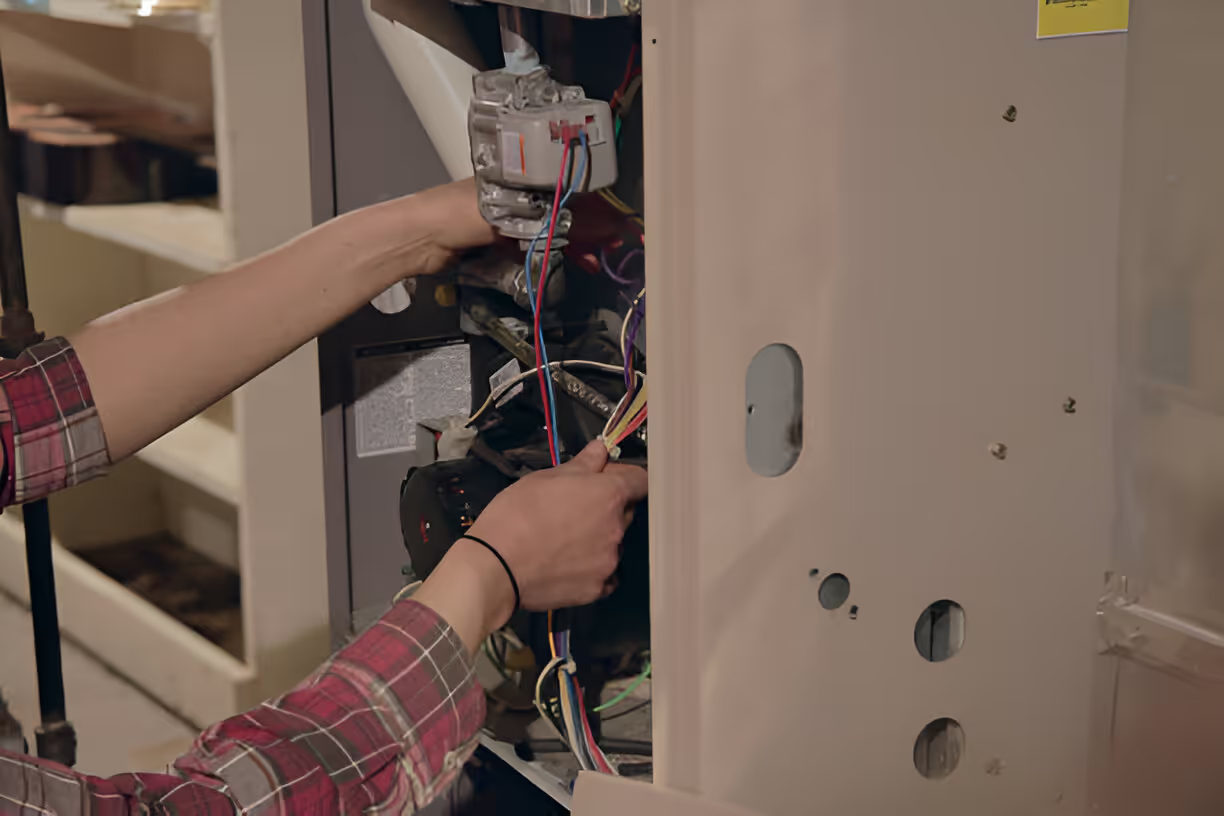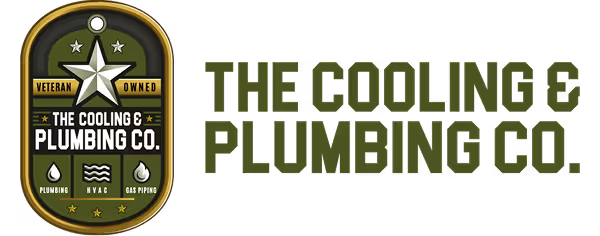Why maintenance matters for Tempe homes
Tempe faces unique conditions that influence furnace performance:
- Low humidity and frequent dust make filters and burners dirty faster than in more humid regions.
- Monsoon season brings wind-driven dust and debris that can clog flue vents and outdoor components.
- Mild but occasionally chilly winters mean furnaces cycle intermittently — systems that sit idle for months are vulnerable to ignition and control problems.Because of these factors, a focused maintenance plan that emphasizes combustion safety and leak detection is especially important in Tempe, AZ.

Common gas furnace issues in Tempe, AZ
- Dirty burners and restricted airflow causing incomplete combustion or flame problems
- Cracked or corroded heat exchangers that can leak combustion gases, including carbon monoxide
- Pilot light or electronic ignition failures after long idle periods
- Gas leaks from aging piping or loose fittings, especially in older homes
- Clogged flue or blocked vents due to dust, nests, or debris after monsoon storms
- Reduced efficiency from soot build-up, poor burner adjustment, or dirty filters
What a comprehensive gas furnace maintenance service includes
A professional gas furnace maintenance visit should cover safety, performance, and longevity. Typical steps include:
- Visual inspection of furnace cabinet, venting, and surrounding clearances
- Gas-line and leak checks using industry-standard gas leak detection tools and procedures
- Combustion analysis to measure oxygen, carbon monoxide, and combustion efficiency where equipment allows
- Burner inspection and cleaning to remove soot and deposits for proper flame shape and stability
- Heat-exchanger inspection for cracks, corrosion, and signs of stress that can lead to dangerous exhaust leakage
- Pilot and ignition system testing — pilot assemblies, hot surface ignitors, or electronic igniters are checked and tested for reliable starts
- Carbon monoxide detection review: check any installed CO alarms for placement, condition, and battery life; validate furnace combustion-safe operation
- Flue and venting inspection to ensure proper draft and no obstructions from dust, nests, or monsoon debris
- Safety controls and limit switches testing to confirm proper cycling and shutdown under fault conditions
- Filter replacement or recommendation and airflow verification to prevent restricted combustion air and poor heat transfer
- Efficiency tuning including gas pressure checks, burner adjustments, and blower calibration for balanced airflow
- Documentation of findings, recommended repairs, and expected system condition
How safety checks protect your home
Gas furnaces produce combustion gases that must be vented safely. The most critical safety checks are:
- Gas-line leak checks: Even small leaks are hazardous. Technicians inspect piping, fittings, and shutoff valves and test for leaks with approved detectors.
- Heat-exchanger inspection: A compromised heat exchanger can allow carbon monoxide to mix with indoor air. Inspection looks for cracks, rust, and separation.
- Combustion testing: Measuring CO levels and combustion efficiency verifies the furnace burns fuel cleanly. Elevated CO or poor combustion readings indicate immediate attention.
- CO alarm review: Properly placed and functioning carbon monoxide detectors are the last line of defense; maintenance includes ensuring alarms are present and operational.
What homeowners can expect during service
During a standard maintenance visit you can expect:
- A clear explanation of each diagnostic step in simple terms
- Visual confirmation of burner flame quality and exhaust vent condition
- A brief demonstration or readout of combustion numbers when applicable
- A checklist of replaced consumables (filters, batteries for detectors) and a prioritized list of recommended repairs
- Advice on immediate steps if a leak or dangerous condition is discovered — for example, evacuating the area and notifying the gas utility from a safe location
Repairs and common solutions explained
- Burner cleaning and re-alignment: Removes soot and restores correct flame shape to improve combustion and efficiency.
- Heat-exchanger repair or replacement: Minor corrosion may be manageable, but visible cracks require replacement to prevent CO exposure.
- Ignitor or pilot replacement: Failed ignitors are replaced and the ignition sequence is validated for reliable starts.
- Gas-piping repairs: Loose fittings or corroded sections are tightened or replaced and rechecked for leaks.
- Venting repair or realignment: Fixing sagging or blocked flues restores draft and prevents spillage of combustion gases.
- Blower and motor service: Cleaning and lubrication restore airflow and reduce blower motor strain, improving heat transfer and efficiency.
Best practices and ongoing maintenance tips for Tempe homeowners
- Schedule annual maintenance before the heating season so systems start the cooler months reliably.
- Replace filters regularly — homes in Tempe often need more frequent filter changes due to dust and pollen.
- Keep outdoor vents and flues clear of landscaping, debris, and evidence of animal activity after monsoon season.
- Install and maintain carbon monoxide alarms on every level of the home, near sleeping areas, and test them monthly.
- If you smell gas (rotton egg odor), leave the area immediately and contact your gas utility from a safe location; do not operate electrical switches or devices while inside.
- Consider a preventive maintenance plan that includes seasonal cleanings and safety inspections to catch problems before they escalate.
Benefits of regular gas furnace maintenance
- Improved safety through early detection of leaks, heat-exchanger issues, and combustion problems
- Greater reliability and fewer unexpected cold-night failures
- Higher efficiency and lower fuel use when burners and controls are properly tuned
- Extended equipment life and preserved value for potential future resale
- Peace of mind knowing your home’s heating system is operating within safety standards, particularly important in densely populated Tempe neighborhoods where quick response to issues matters
Routine, expert gas furnace maintenance tailored to Tempe conditions focuses on preventing combustion hazards and maintaining efficient, dependable heating. Following a consistent inspection and tuning schedule reduces risk, lowers operating costs, and helps ensure safe indoor air quality for your home.
Other Services






